Turning Pages | Summer 2025
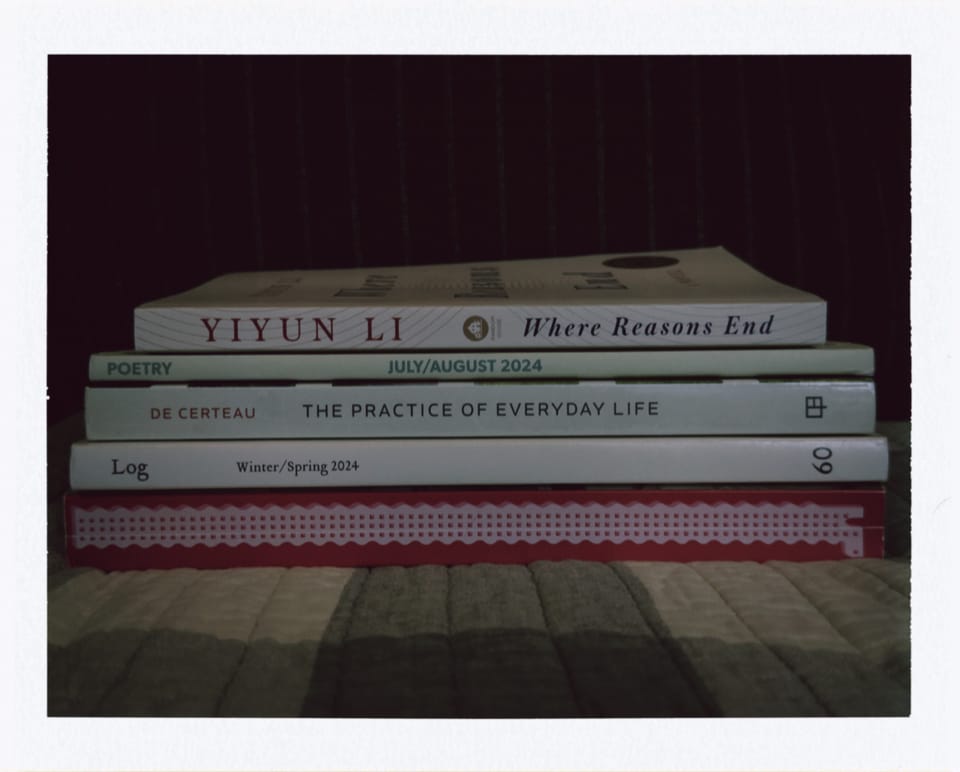
These past few weeks, I finally sat down to read the magazines I had picked up over the course of 2024: one from the beginning of the year, one in the summer, and one in the winter. It felt good to finish them, to move through pages I had meant to get to for a while. I love how magazines invite you to wander, to learn things you didn’t know you were curious about. That’s the magic of it for me. I also finished two books, both of which stayed with me in different ways.
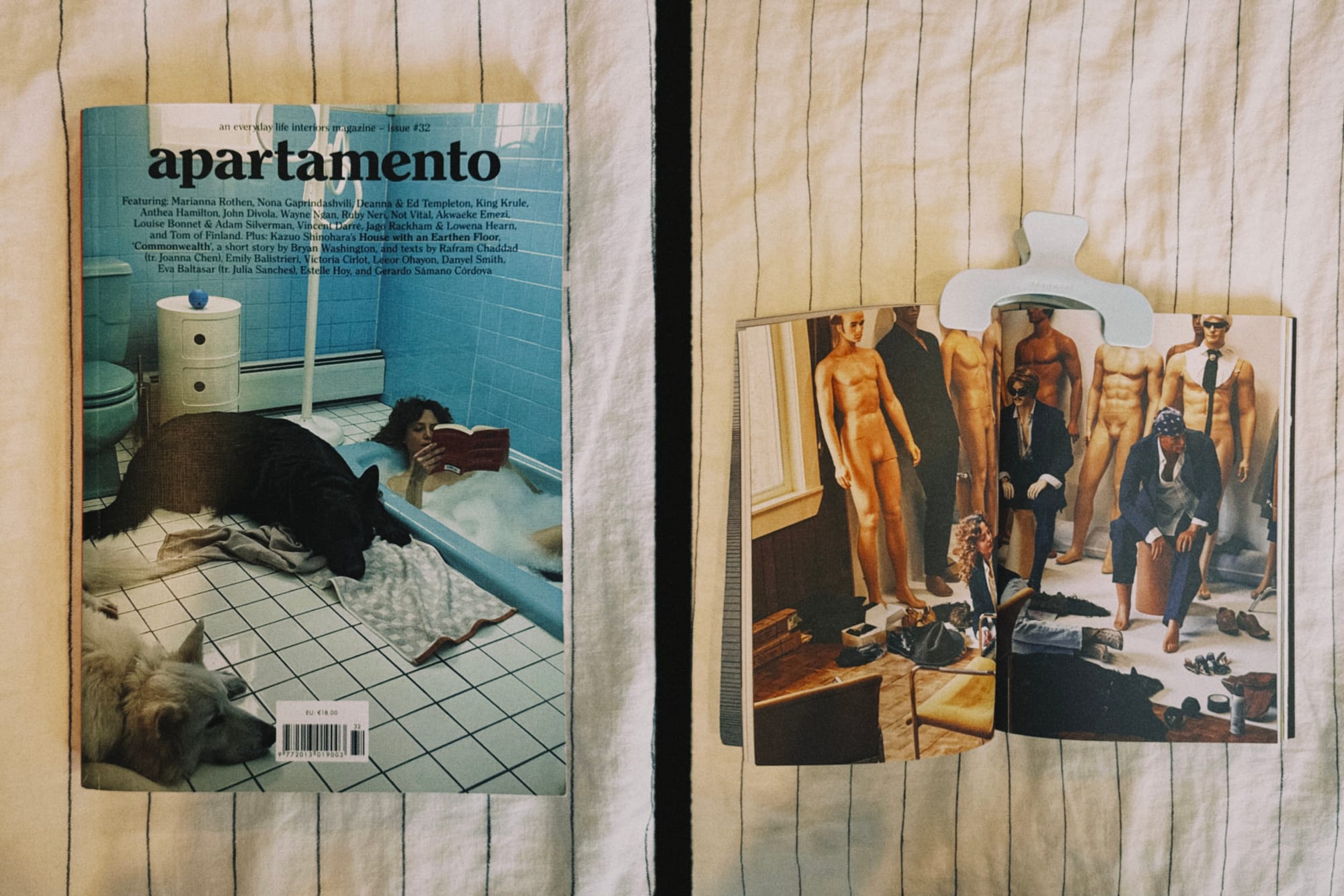
apartamento Issue #32
What I love most about apartamento is the way it invites you into other people’s lives, not just their homes, but their habits and odd corners. The cover, featuring Marianna Rothen’s bathroom, drew me in right away. Her sunken bathroom felt like a set from a dream. I hadn’t seen her work before, but I really liked Mail Order. There’s something haunting and intimate about it.
I also loved discovering the work of John Divola, especially his Abandoned Paintings series. The photographs show deserted homes with leftover paintings on the walls. There’s something both unsettling and tender in how those spaces hold traces of neglect and attention at the same time.
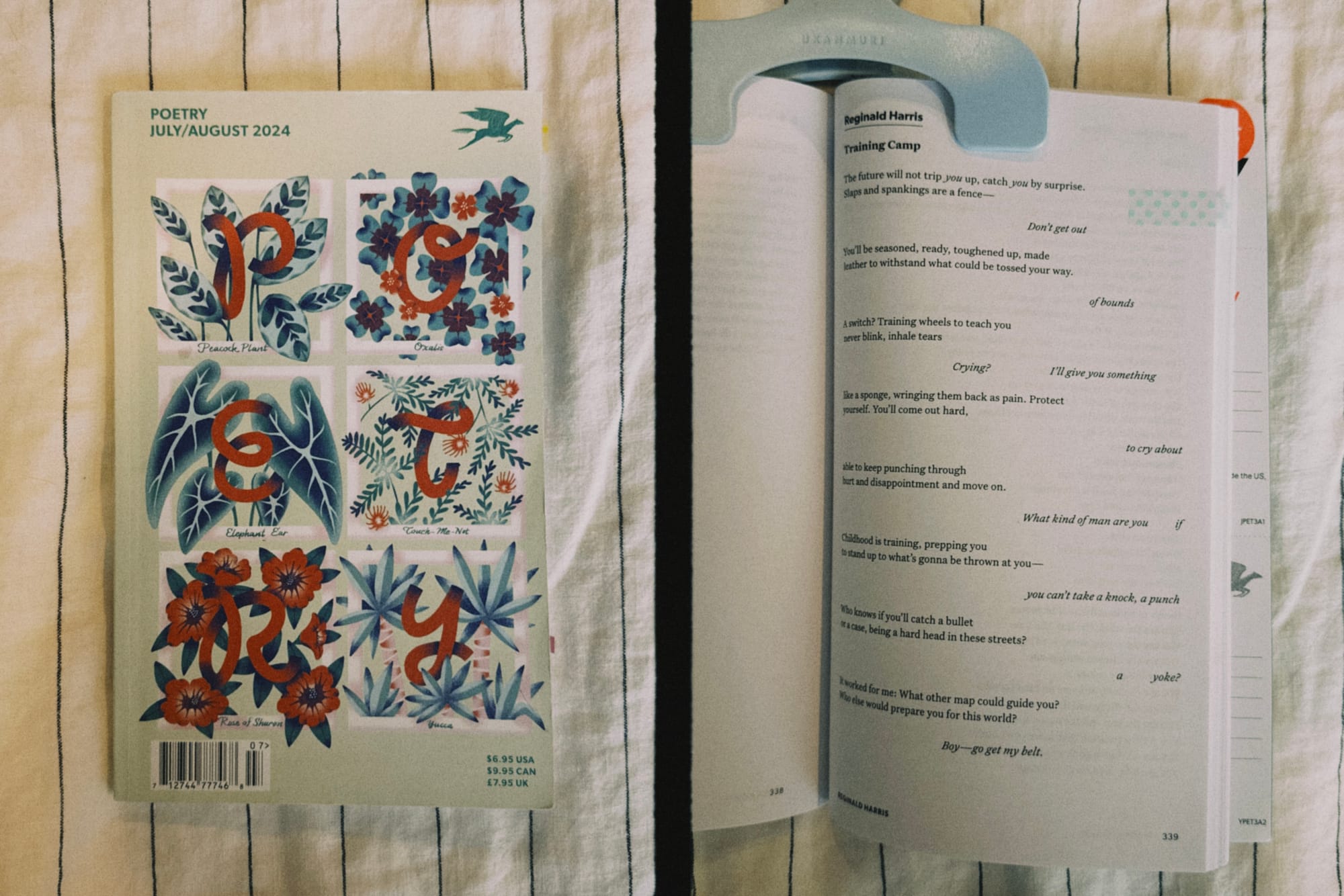
Poetry, July/August 2024
Not going to try to explain poetry here. My favorites from the issue are Phoebe Giannisi’s Rumination and Reginald Harris’s Training Camp.
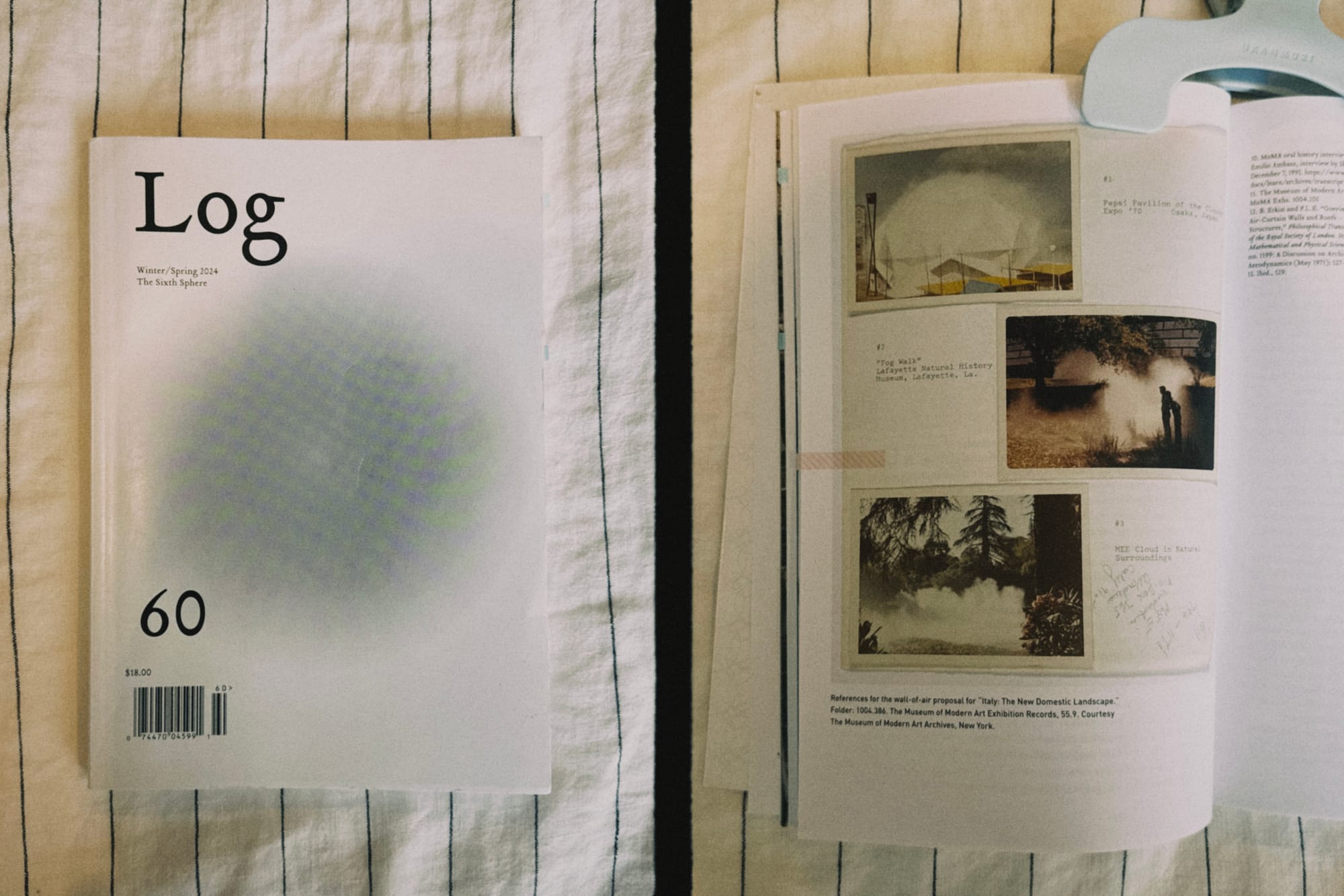
LOG 60: The Sixth Sphere
This issue focuses on Earth’s natural spheres through the lenses of architecture, science, and philosophy. One passage keeps echoing for me: “If any living being is a being in the world, every environment is a being within beings. The world and the living are nothing but a halo, an echo of the relation that binds them together.” It’s a beautiful way to describe mutual shaping, not as a metaphor, but as a condition of being.
One article describes an architect’s proposal for the 1971 MoMA exhibition, Italy: The New Domestic Landscape: a wall made entirely of air. It was never realized, but the idea stayed with me. I thought of it again when I read about the Blur Building from the 2002 Swiss Expo, a pavilion made of mist and vapor that dissolves the boundary between structure and sky. Both projects treat the atmosphere not as a backdrop, but as material.
Another piece explores the funerals held for disappeared glaciers, like the Okjökull memorial in Iceland, marked by a plague nd remembered by name. The new Glacier Casualty List, created by researchers at Rice, continues that work of remembering. I’m drawn to these kinds of projects, where science and ritual come together, and where communities and researchers collaborate. It reminds me of the Penguin Watch project, where ordinary people help count penguins, chicks, and eggs. These efforts aren’t just about data. They’re about care, shared witnessing, and how we choose to be present with what is disappearing.
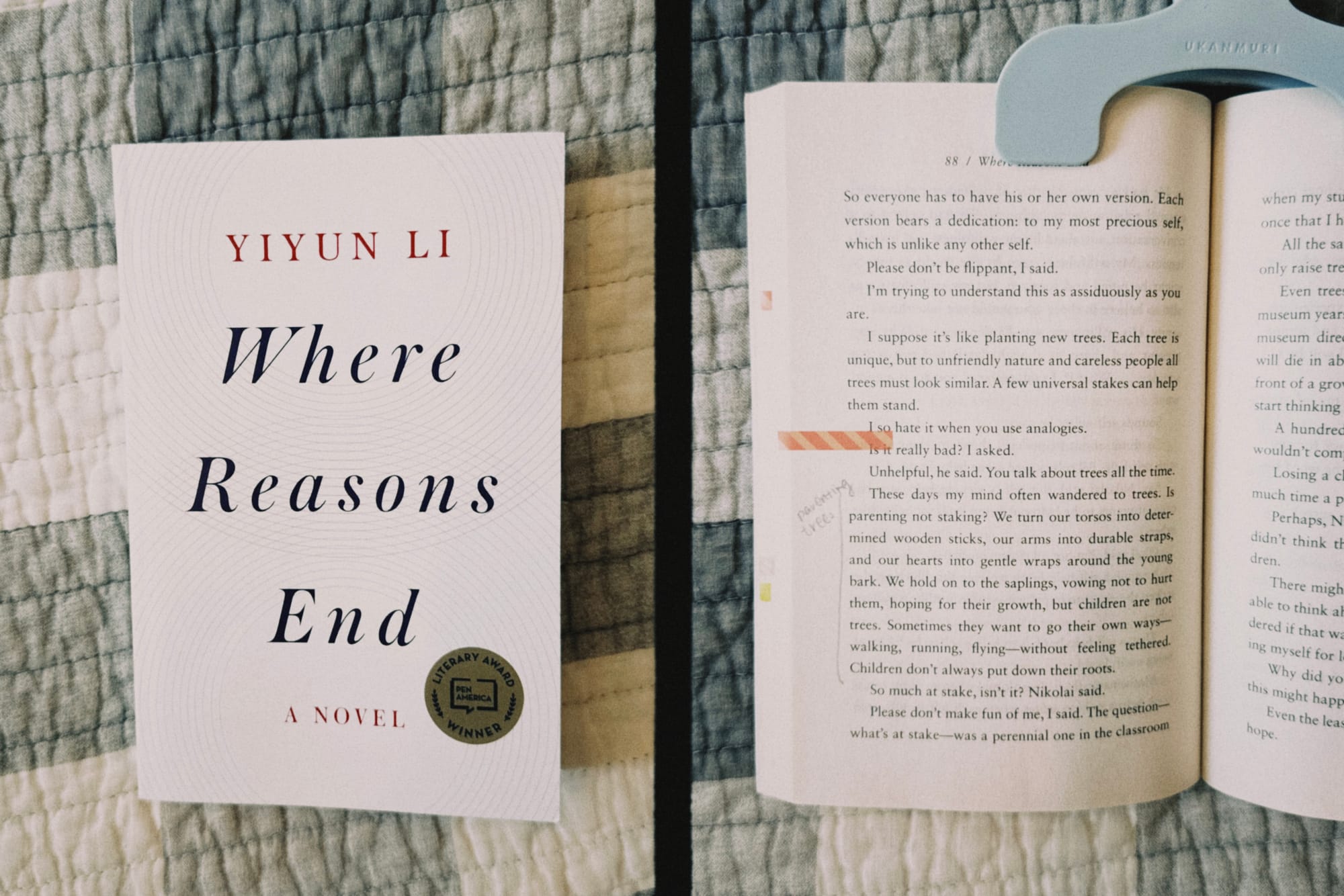
Where Reasons End by Yiyun Li
This novel isn’t linear. It’s a quiet, imagined conversation between a grieving mother and her son. In one passage, they talk about trees and parenting, and it broke me a little: “Children don’t always put down their roots.” I’ve reread that paragraph more than once. There’s no traditional plot, just the ache of language trying to hold onto someone already gone. Reading it felt like stepping into a room made of silence and memory. It's definitely a book I’ll return to.
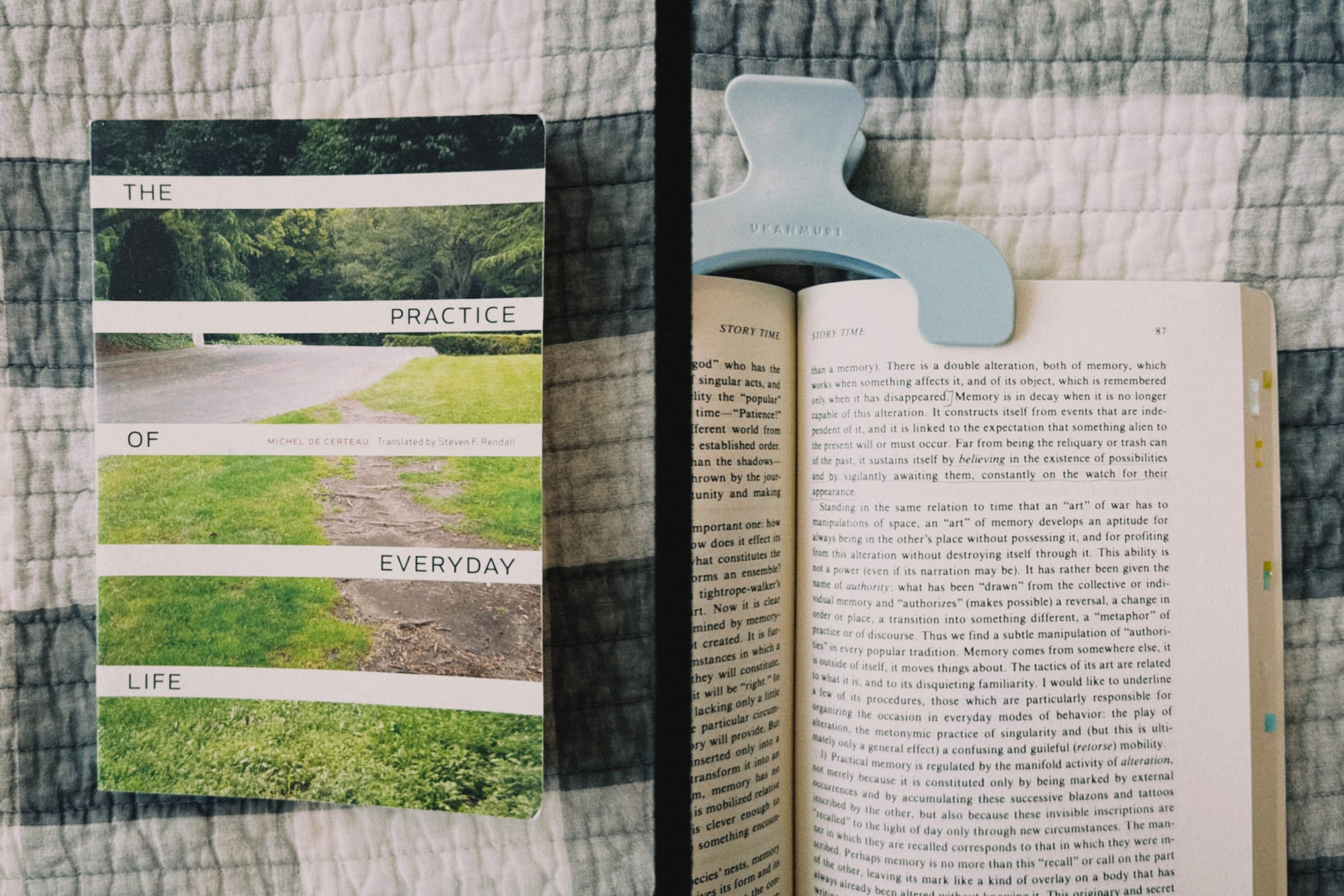
The Practice of Everyday Life by Michel de Certeau (trans. Steven Rendall)
I read this book slowly, sometimes putting it down for weeks before coming back to it. Some parts felt like walking through fog, and others opened up with surprising clarity. One idea that stayed with me was his comparison of reading to renting. Readers don’t own a book the way writers do, but they still move through it, making it their own in small ways. That felt true to how I read this, skipping around, underlining, rereading. His thoughts on memory, and how it holds both absence and possibility, really lingered. This is a book that asks you to spend time with it, and in doing that, it starts to feel lived-in.
It felt good to finally spend time with the things I had set aside. I’m always curious what will catch me next.
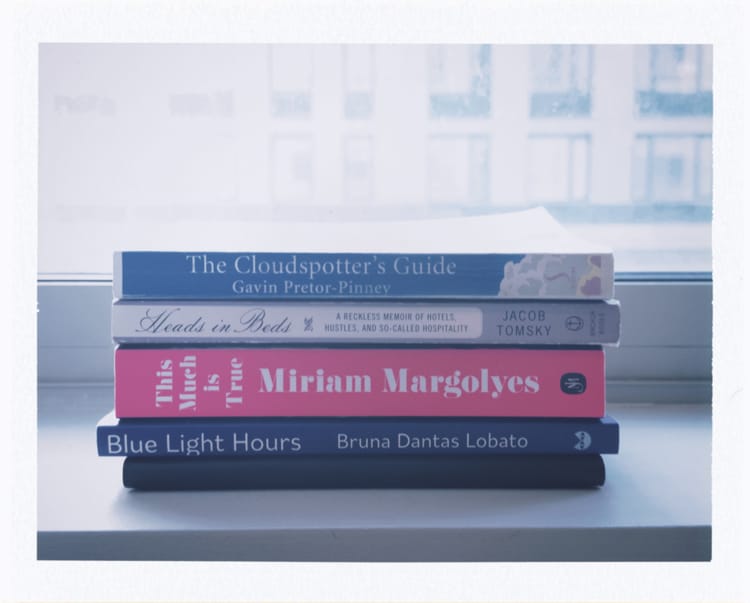
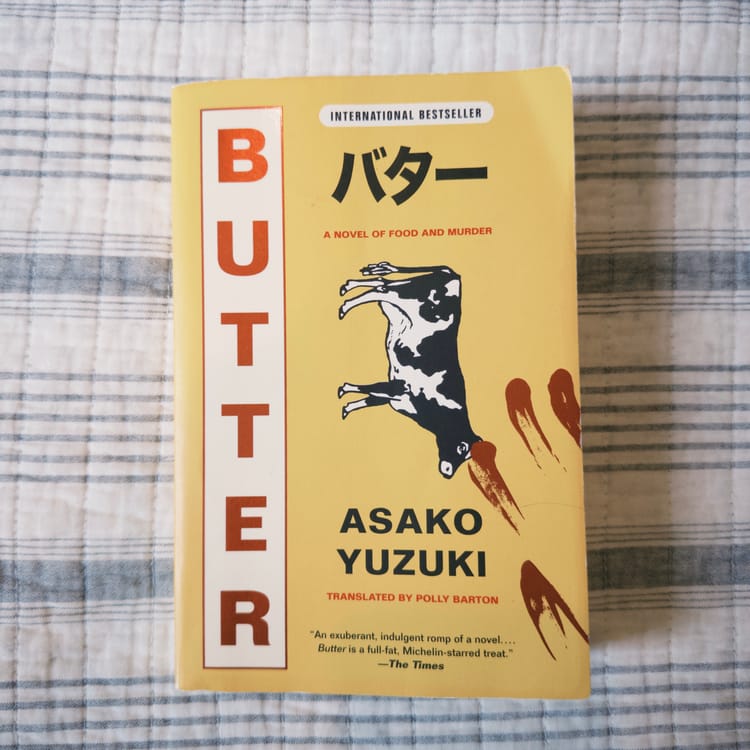
Comments ()